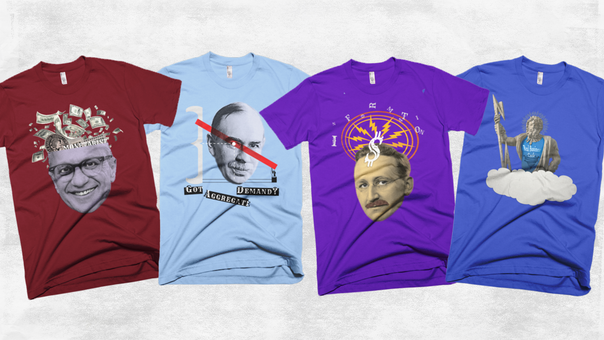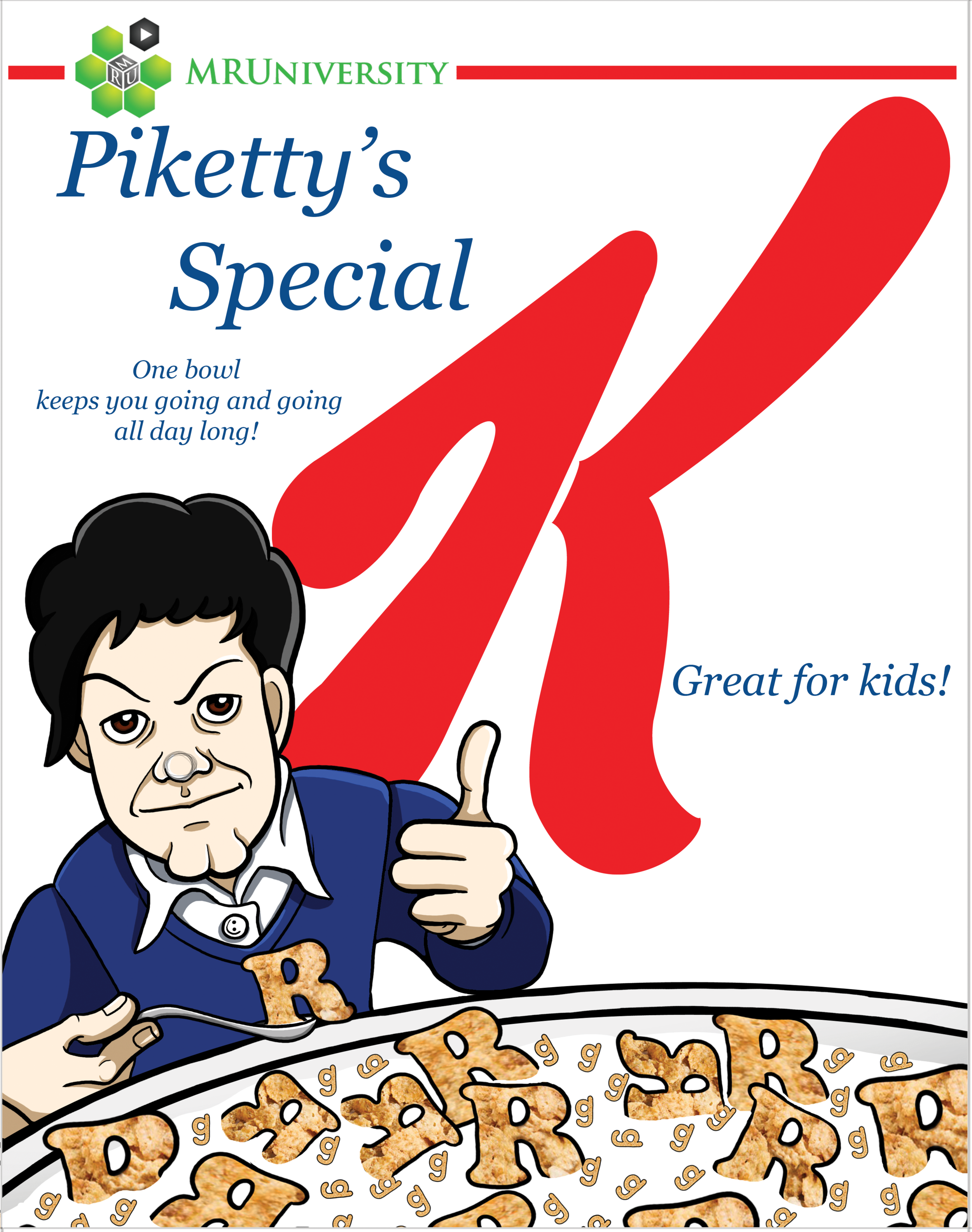Marginal Revolution University
Marginal Revolution University's mission is to improve economic literacy by providing free videos and curriculum that help to teach economics. Think Khan Academy, but solely focused on economics, using high polish videos featuring top professors. MRU is a non-profit project of the Mercatus Center at George Mason University.
MRU was founded by two prominent GMU economists, Tyler Cowen and Alex Tabarrok, who also created the popular economics blog, marginalrevolution.com. Under their guidance I lead the project, managing all product development and marketing. In this role, I balance being a maker vs. a manager, as I manage the MRU team while also taking the lead on several product development fronts.
EDucational videos
For a long time, most of what we did was produce short, educational videos. We’ve become one of the most popular economics teaching channels on YouTube.
A few of my favorite videos are in the playlist embedded to the right.
Here are some of my favorite series:
Globalization and Robots - this was the first series where we built the videos and curriculum hand-in-hand to work as a coherent package. It features Tyler Cowen and Ian Bremmer.
Solow Model - when I think of a series where we really tried to let the visuals drive the learning, it would be this one.
Complacent Class - my attempt at adapting a book (Tyler Cowen's The Complacent Class) into videos.
Game of Theories - business cycle theory is pretty dense and hard to remember; we tried to simplify it with quick videos on the major business cycle theories and then applied them to the Great Recession.
Hockey Stick of Human Prosperity - my first series was with Don Boudreaux, covering trade and prosperity; still one of my favorites.
To hear more about how we produce videos, check out my interview with teleremix on how we produce videos or my SXSWedu panel: Lights, Camera, Lecture.
Curriculum
More recently, we’ve expanded to building entire curricula that bring economics alive (using our videos as a component). Our first full curriculum is a 5-day sequence called Globalization, Robots, and You (read more at the link).
We’re also building a lot of classroom resources as part of EconInbox (read more at the link).
Interactive
As part of our Globalization, Robots, and You curriculum we included an interactive data guessing game called Storyline. I got to observe students using it in the classroom and it was unbelievable.
There is so much potential to use interactive exercises, simulations, and games to improve learning. For example, Nicky Case’s Parable of the Polygons is a great way to “play” with a model and it’s assumptions.
BRAND
At MRU, we call ourselves econ nerds. That phrase encompasses how we try to bring some creativity and passion into economics. Economics isn't boring, it's just often the teaching of economics is boring. We’ve created econ-themed tattoos and stickers, fun t-shirts, cereal boxes, and more.
Team building
From the Valve handbook for new employees
This project started as my part-time project, then transitioned to a full-time project, and now has a dedicated team of six working on it. With that I've had to spend more time on team-building and culture. The big question is how to create an environment to amplify others efforts?
My preference as a leader is to help coordinate self-motivated, autonomous employees. I'm a believer in Daniel Pink's trio of ingredients for happy work: autonomy, mastery, and a sense of purpose.
So I spend a lot of time trying to figure out how to find great employees and then put them in positions to thrive.
If you're interested in working with us, check out our job openings.
THe future of learning
The fun part is that there are no definitive answers yet on how to utilize online tools to drive learning. We're not that far removed from the days of simply just posting the same materials you used in a live classroom. How to produce effective videos, how to combine games and other interactives to aid learning, how to personalize, how to motivate - these are all questions that need to be answered in an online environment.
I'm looking forward to rolling out more rigorous testing that measures learning. Hopefully before long we'll have our own findings to share.



